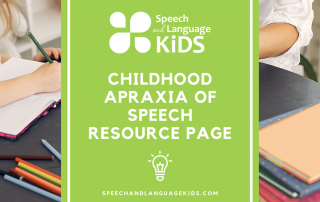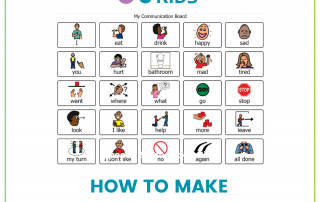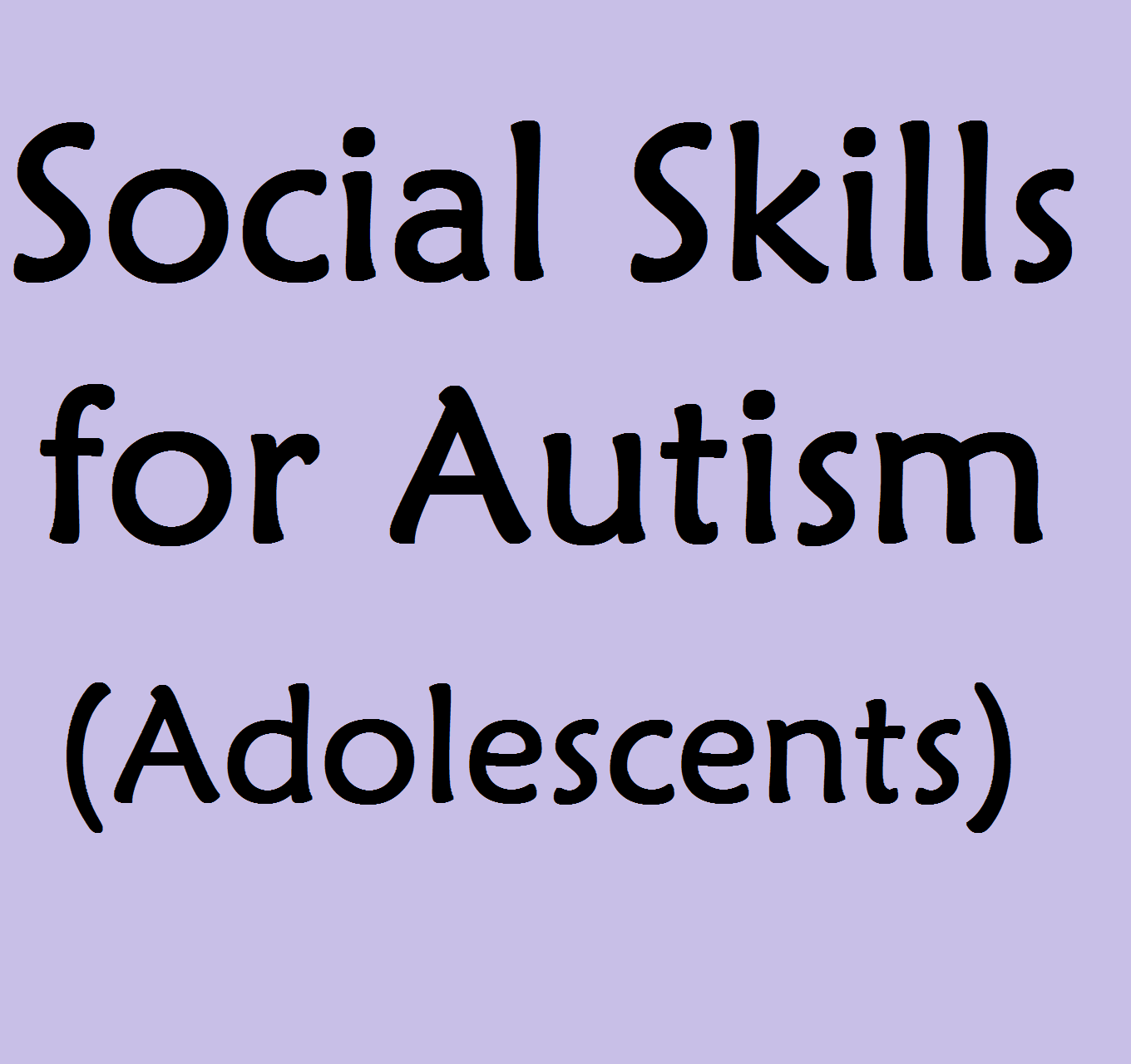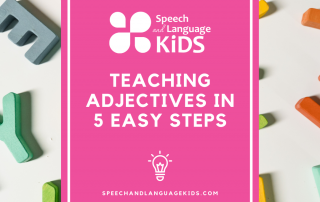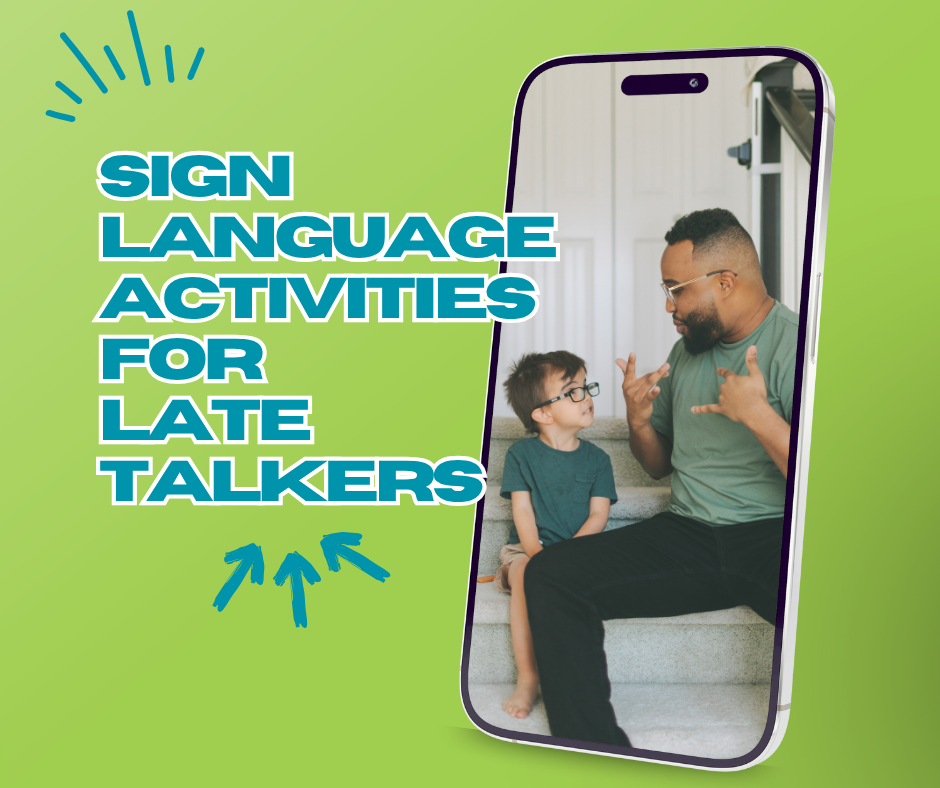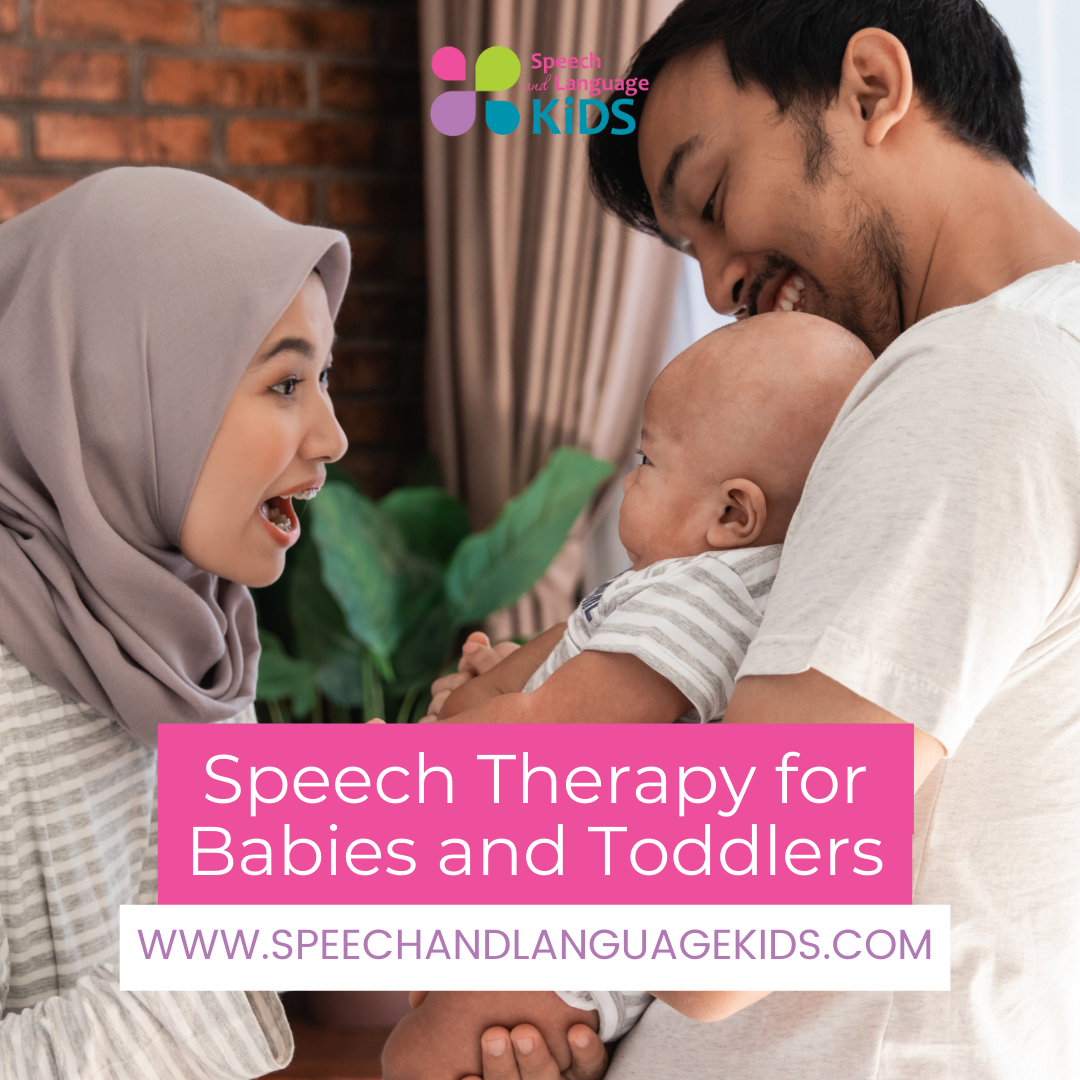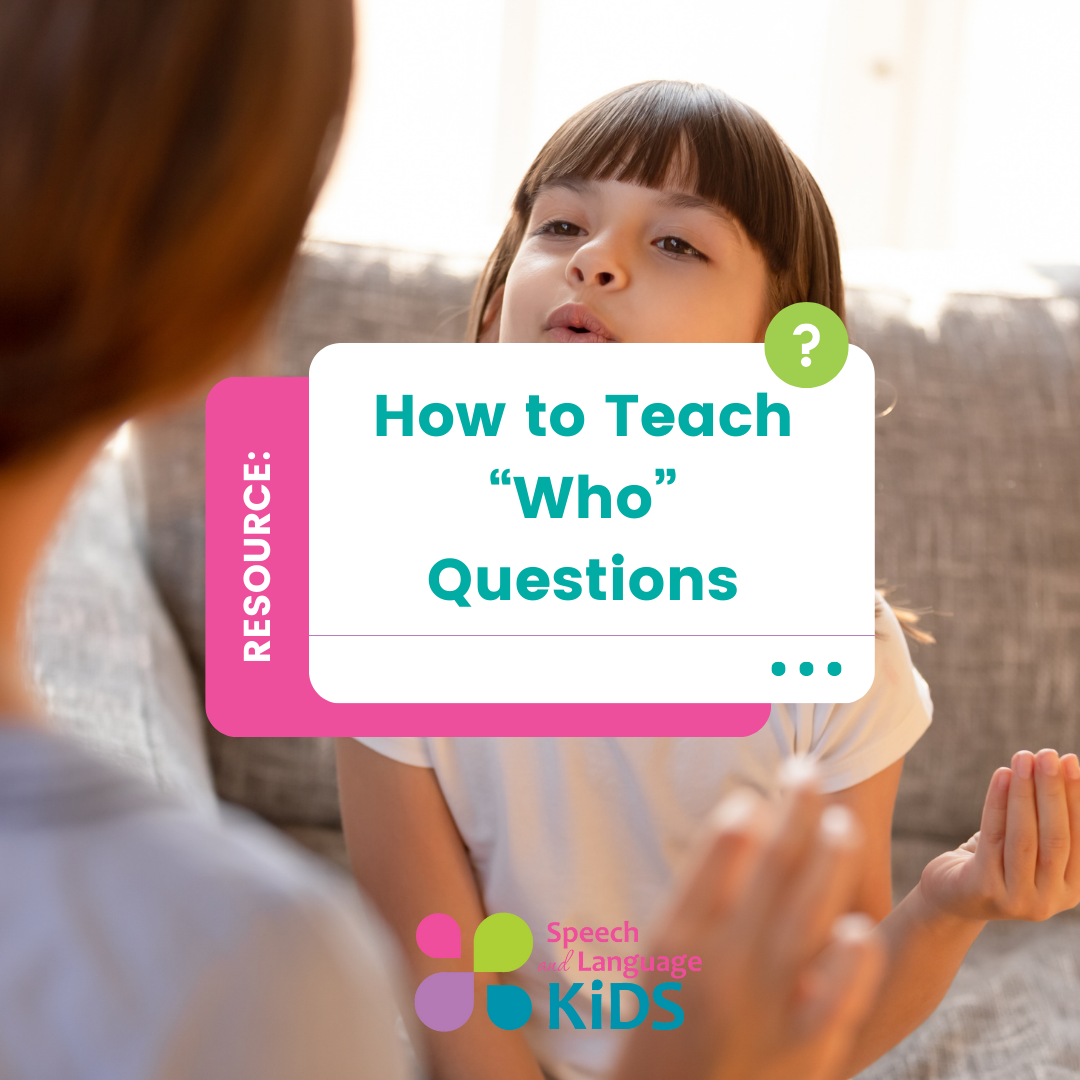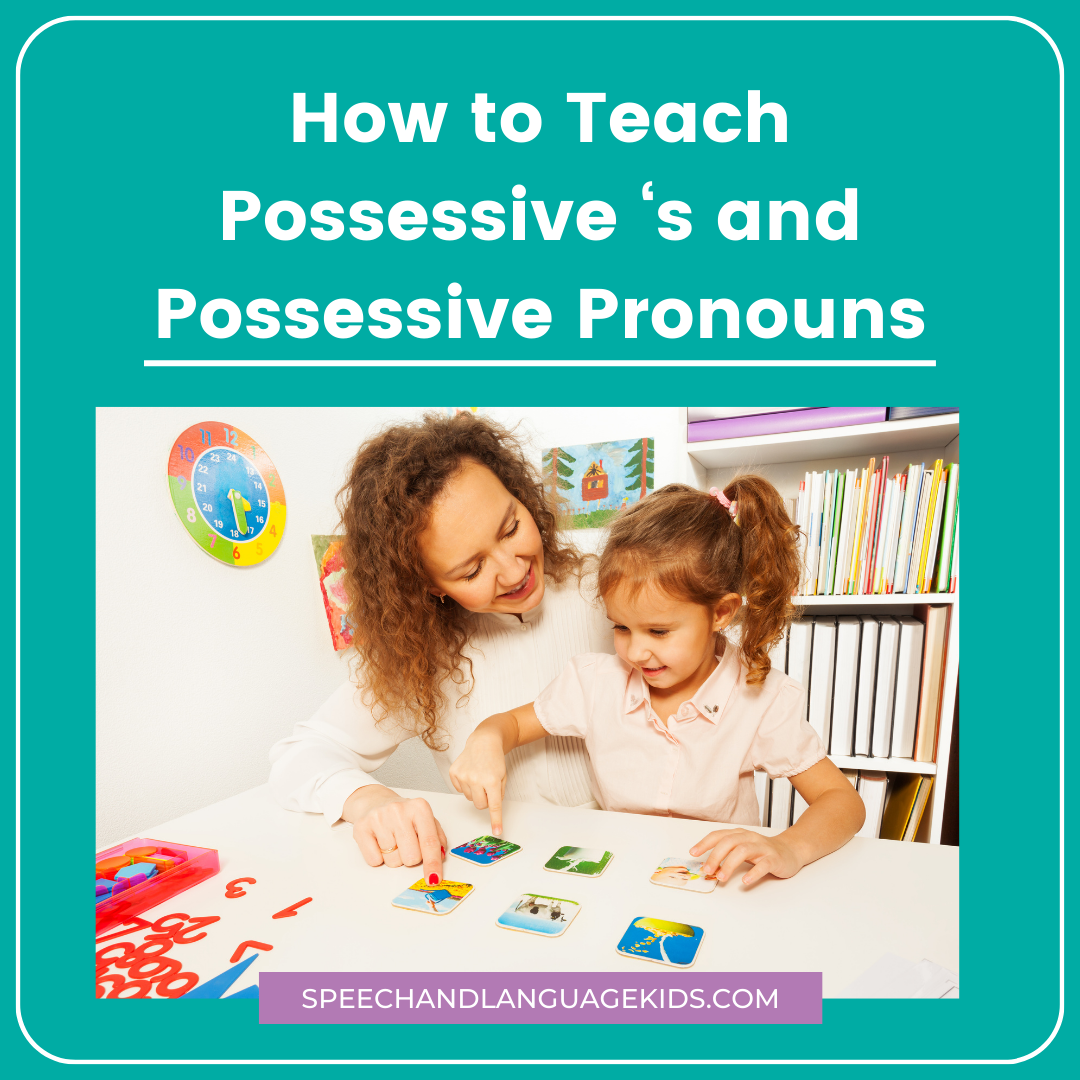Topic:
Resource Type:
Results:
Phonological Processes: Definition, Examples, and Therapy
Phonological Processes: Speech Therapy and Activities: When children are learning to speak, they use specific patterns to simplify harder sounds. They may drop off certain sounds to make a word shorter. Or they may swap harder sounds out for easier ones. These error patterns are called phonological processes. They
Initial Consonant Deletion: Minimal Pairs and Therapy Activities
Initial Consonant Deletion: Minimal Pairs and Therapy Activities Some children leave off beginning consonants from words. Cat becomes "at" Dog becomes "og" This is called initial consonant deletion and we can help children that are doing this with speech therapy activities. This page will teach you about initial
/f/ Sound Speech Therapy: Activities for teaching “f”
/f/ Sound Speech Therapy: Activities and Treatment Suggestions By the age of 4 years, a child should be saying the /f/ sound correctly in conversation. But what if they're not? Never fear, speech therapy is here! On this page, we'll show you how to help a child say
Childhood Apraxia of Speech: Treatment and Resources
Childhood Apraxia of Speech: Treatment and Resources Childhood Apraxia of Speech (or CAS as we refer to it as), is a type of speech disorder that occurs in children, although it is rather uncommon. It is different than other speech disorders because it is neurologically-based, meaning it has
PECS for Autism | Speech Therapy Phases and Strategies
PECS For Autism | Using Pictures to Help Children Communicate The Picture Exchange Communication System (PECS) is a way for non-speaking children to let you know what they need by handing you a picture. While children can use pictures to communicate in a variety of ways, the PECS
Communication Boards for Autism and Other Speech Delays
Communication Boards for Autism and Other Speech Delays A communication board is a set of pictures that a child can use to point to what they want/need. Children and teens with autism or other speech delays can use communication boards to get their basic wants and needs met and
Social Skills for Autistic Adolescents and Teens
Social Skills for Autistic Adolescents and Teens Today we're discussing how to teach conversation and social skills to older children who are struggling. This may include children with autism or other social impairments. Social Skill Therapy for Autistic Adolescent and Teens: Join the
AAC Devices for Autism | Are Communication Devices Helpful?
AAC Devices for Autism Augmentative-Alternative Communication (AAC) devices can help children with autism communicate when they struggle to speak. These devices can reduce frustration and improve quality of life for autistic children and their families. This page explains how AAC devices can help autistic children and teens
Toddler and Preschool Stuttering: Speech Therapy Ideas and Home Supports
How to Treat Stuttering in Preschoolers and Toddlers Many preschoolers go through periods of stuttering. They may repeat whole words or phrases, use lots of fillers like “um” and “uh”, or seem to have trouble coming up with a word. These phases of stuttering may come and go
Lateral Lisp Exercises for Speech Therapy
Lateral Lisp Exercises for Speech Therapy When /s/ and /z/ sound slushy... And it sounds like there is a lot of saliva built up in the mouth.... A lateral lisp may be at play. This page contains exercises and speech therapy ideas for helping a child or teen
Teaching Adjectives | Speech Therapy Activities and Ideas
Teaching Adjectives | Speech Therapy Activities and Ideas Adjectives are "describing words". They describe a noun. We can help children learn to use adjectives through speech therapy activities and exercises. This page will show you how to teach adjectives to children and teens through the use of speech
When Questions Speech Therapy | Games & Question Lists
"When" Questions Speech Therapy Ideas Children with language delays often have difficulty answering questions. When teaching a child to answer questions, it is helpful to teach one question form at a time. This page contains ideas and games for helping a child learn to answer "when" questions.
Sign Language Activities for Late Talkers
Sign Language Activities for Late Talkers When a child is late to talk, sign language can bridge the gap. Having a backup method of communicating (with their hands) can help reduce frustration until their mouth catches up. On this page, we'll show you some ways that you can
Child/Baby not Responding To Name: How Can We Help?
Baby/Child Not Responding to Name: What to Do By the time a child reaches their first birthday, they should be able to respond to their name by looking at whoever said it. But what can we do if a child is late to reach this milestone? This
Baby Speech Therapy: How to Promote Language Development in Infants/Toddlers
Baby Speech Therapy: How to Promote Language Development in Infants/Toddlers Speech Therapy for Babies Congratulations! You’re little bundle of joy is here!! Keep in mind that it’s never too early to start promoting the development of good communication skills. This is especially true if your child was born
Stimming and Hand Flapping when Excited – How to Help
Stimming and Flapping when Excited - How to Help Is it a problem if a child is stimming and hand flapping when excited? Sometimes, children will flap their hands or engaging in self-stimulatory behaviors (also called “stimming”) when they are excited, anxious, overwhelmed, or having other strong emotions.
Calming Strategies for Kids: Techniques to Teach to Children
Calming Strategies for Children: Techniques to Teach to Children It's no secret that children feel a lot of big feelings. Our children with emotional regulation issues (such as those with autism, ADHD, anxiety, anger issues, etc.) may feel those feelings even more intensely than other children. And they
Who Questions for Kids: Speech Therapy Activities
"Who" Questions for Kids: Speech Therapy Activities How can we teach a child to answer "who" questions? When we're trying to boost question skills in children, it helps to teach the question types one at a time. On this page, we'll show you some simple activities that you
How to Teach Possessive ‘s and Possessive Pronouns
How to Teach Possessive 's and Possessive Pronouns to Children: The possessive 's is what we add to a noun to indicate possession. We can use it to say "Sally's ball", "Mommy's cup" or "the school's mascot". We can also indicate possession by using possessive pronouns like "his",
How to Teach Past Tense | Activities and Ideas for Teaching Kids
How to Teach Past Tense | Activities and Ideas for Teaching Kids How do we teach regular and irregular past tense verbs to children? What can I do to help a child who is struggling to use past tense verbs correctly? On this page, we'll give you
Podcast: Play in new window | Download | Embed
Subscribe: Apple Podcasts | RSS




